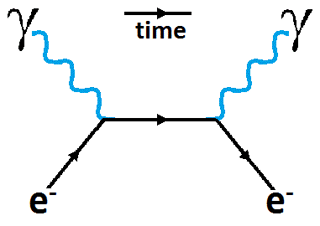The "fundamental" forces are interactions that, by convention, have been labeled as "fundamental."
More seriously, you could try to make a rigorous definition along the lines of "fundamental forces are interactions mediated by bosons which are not composite particles." Except, of course, we can't really know that any of the bosons are not composite and the scale of the composite-ness is just really high. We also can't rule out that the current slate of bosons are not actually different components of a single field that is in some state of spontaneous symmetry breaking at energies we can probe. So we have to say "fundamental forces are interactions mediated by bosons which are not currently known to be composite." Except this definition would imply that there should be a Higgs force, since the Higgs is (as far as we know) a fundamental boson mediating an interaction. So we could try "fundamental forces are interactions mediated by spin-1 or spin-2 bosons which are not currently known to be composite." Except... well... at this point we are doing a lot of work to invent a definition that reproduces the convention we want. Which leads us back to my original claim: The "fundamental" forces are interactions that, by convention, have been labeled as "fundamental."
Making things even more confusing, the term "fifth force" has taken on a meaning in the literature of "interactions not mediated by standard model particles," even though this is not really correct.

